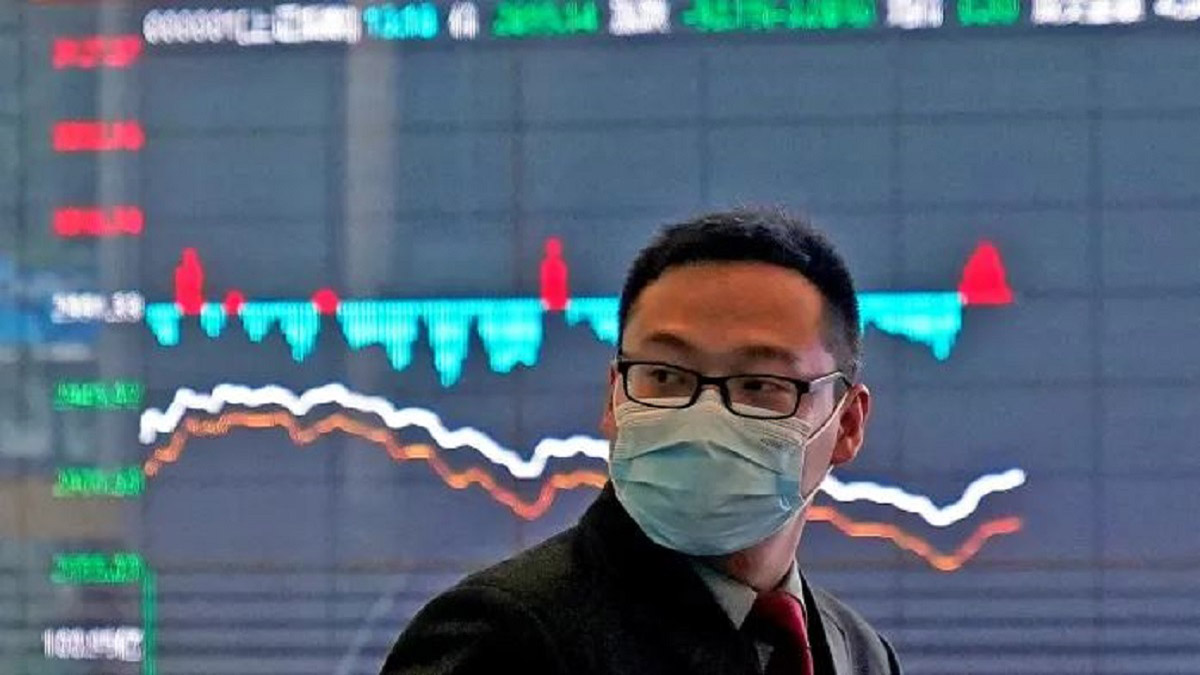Governments take measures to protect health-related industries to prevent acquisitions where companies suffer from temporary financial stress.

Man stands in front of stock market screen / © Financial Times
The coronavirus pandemic has accelerated in G20 countries a trend towards policies designed to safeguard national security interests against threats associated with international investment, according to a joint report launched by UNCTAD, the Organization for Economic Co-operation and Development (OECD) and the World Trade Organization (WTO) on 29 June.
It is the twenty-third edition in its series and outlines the investment measures implemented by G20 members from mid-October 2019 to mid-May 2020.
The report was delivered against the backdrop of the COVID-19 crisis, which has already resulted in the deepest recession since the Great Depression in the 1930s, and which could have even more profound effects.
UNCTAD and the OECD forecast that global foreign direct investment (FDI) flows will decrease by as much as 40% in 2020 due to the pandemic.
According to the report, government reforms added health-related industries and associated supply chains that are crucial for the pandemic response to the scope of foreign investment screening mechanisms or strengthened control across the board to prevent acquisitions in any sector where companies suffer from temporary financial stress.
Beyond the pandemic
Some other policy measures of G20 members in this area were unrelated to the COVID-19 pandemic and included, for example, the lowering of the participation thresholds that trigger the foreign investment review mechanism, the broadening of review criteria, and the reinforcement of procedural rules.
These measures need to be monitored and international dialogue should be strengthened to find the right balance between managing risks while taking advantage of the opportunities that FDI brings to countries, the report stresses.
"As the health crisis is brought under control," the report says, "it is urgent to put in place measures to ensure a swift and sustainable recovery from the economic crisis and lay the foundations for a more prosperous, inclusive future."
The report underlines the pressing need for greater investments in health and social protection that ensure the resilience of societies in the face of risks such as pandemics while bolstering the protection of the most vulnerable against such shocks.
It says FDI and trade can play important roles in achieving recovery and building more resilient and sustainable economies - provided governments embrace the potential of international investment rather than turning inwards.
The report notes that international cooperation among G20 members will remain essential for successfully overcoming the crisis and for informing the design of policies that allow countries to navigate the uncertainties brought about by the pandemic. "The principles of openness, transparency, fairness, and sustainability can guide governments as they work towards these goals," it states.
Download:


